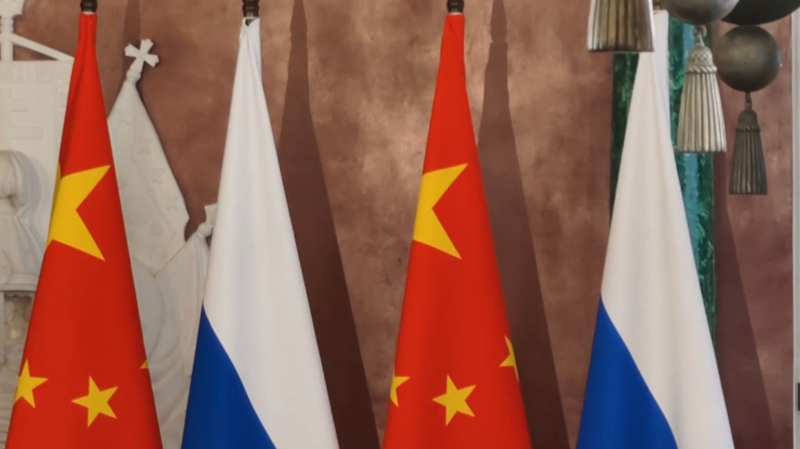Against a backdrop of global uncertainty, the China-Russia partnership shines as a beacon of stability. Since December last year, their east-route natural gas pipeline—stretching 3,000 km in Russia and 5,111 km in China—has been delivering energy to some 450 million people, powering homes and industries along its route.
A Pillar of Stability
In 2024, bilateral trade hit $244.8 billion, marking 15 years of China as Russia’s top trading partner. Their leaders have met over 40 times, reinforcing a relationship built on mutual trust and shared vision. In Moscow, President Xi Jinping emphasized the need for an equal, multipolar world and inclusive economic globalization—an approach he says benefits both nations and the wider community of developing countries.
Analysts note that China and Russia are stepping up cooperation on global strategic stability, upholding international law and defending against unilateralism. As permanent members of the UN Security Council, they aim to guide global governance toward fairness and push back against power politics.
Resilient and Expanding Cooperation
Beyond energy and trade, the two nations have signed over 20 cooperation documents covering investment protection, the digital economy, biomedicine and green development. Long-standing sectors like aerospace and infrastructure remain core pillars, while emerging fields signal a forward-looking partnership.
Cultural and Academic Bridges
2024–2025 have been declared the China-Russia Years of Culture, featuring exhibitions, film screenings and academic collaborations. Educational ties are blossoming too: over 90,000 students are learning Chinese in more than 200 Russian universities, and 40,000 Chinese students are studying in Russia.
In a world of shifting alliances and challenges, the China-Russia relationship serves as a stabilizing anchor—fueling economies, fostering people-to-people links and charting a path toward shared growth.
Reference(s):
How do stable China-Russia ties contribute to a turbulent world?
cgtn.com




